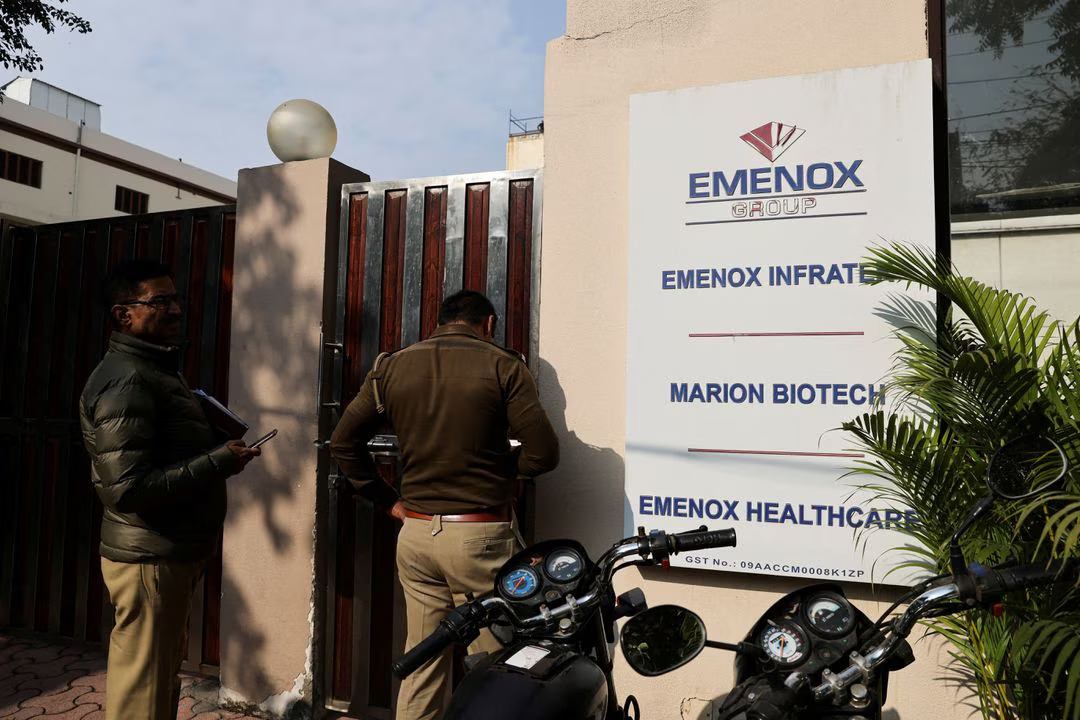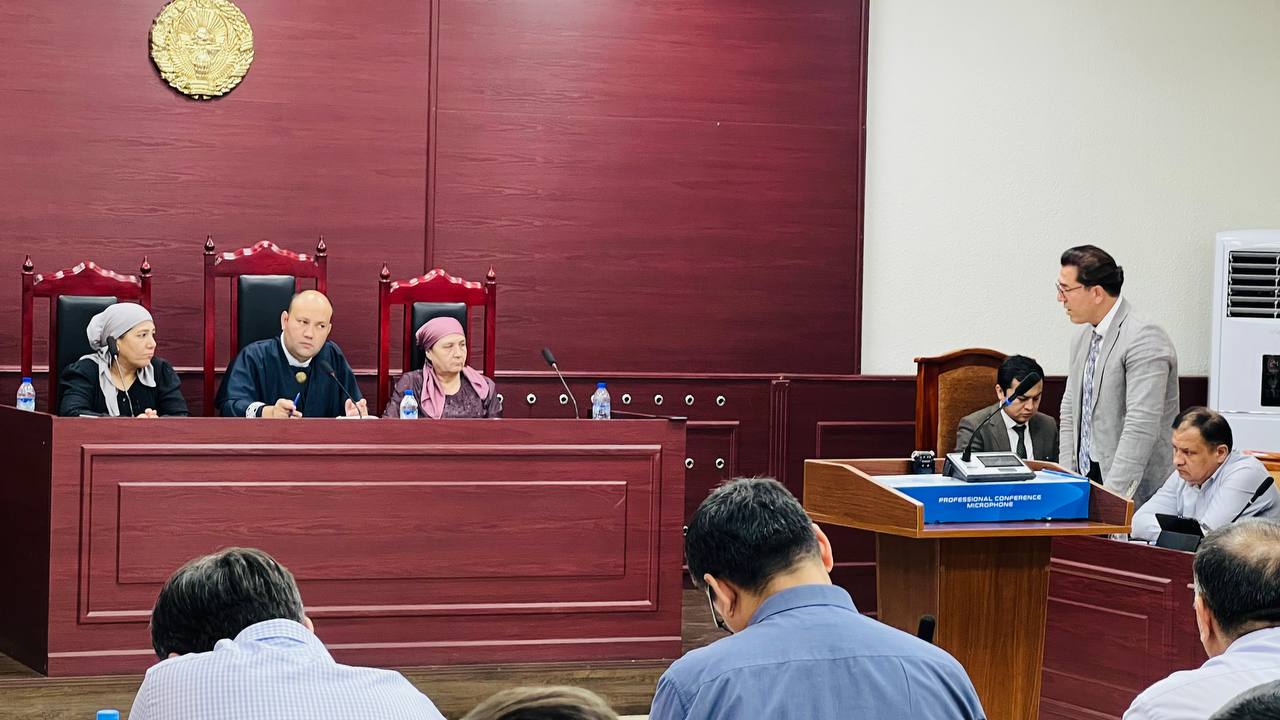Indian pharmaceutical company Marion Biotech has been granted permission to resume most of its production at a factory in Uttar Pradesh, India, an official order viewed by Reuters reports.

The company's cough syrups were linked to the deaths of 65 children in Uzbekistan and hundreds more in Gambia and Cameroon, making it one of the world's worst waves of poisoning. Marion was one of three Indian firms whose cough syrups were linked to these deaths by the World Health Organization and other agencies.
The order from the drug controller of Uttar Pradesh, Shashi Mohan Gupta, stated that,
"There's no known case of a lack of quality in other medicines manufactured by the firm."
It partially accepted the manufacturing firm's appeal, allowing Marion to make and sell all other products, excluding cough syrup.
"Therefore, in view of natural justice, the appeal of the manufacturing firm is partially accepted. Its permission to make products using (cough syrup ingredient) propylene glycol is cancelled, and it is allowed to make and sell all other products,"
he added. The decision to reopen the factory was made by the state's health department on August 11, following an appeal by the company.
#Medicine smuggling #scandal unearthed in "Dok-1 Max" #court
— Daryo | Central Asia & Afghanistan (@DaryoEng) October 3, 2023
💊💰🧑⚖️🇺🇿
"Every month, we inspected and collected #drug samples worth UZS 80-100mn ($6,543-$8,179) and #distributed them among ourselves" - #defendants in the #Case.
👉Details — https://t.co/H85uLQYFsQ… pic.twitter.com/SHLmwPEgnA
India's drugs controller general, Rajeev Singh Raghuvanshi, has written to Marion Biotech to initiate a plan of corrective and preventive actions by the company. Marion Biotech, which deals in pharmaceuticals, herbal, and cosmetic products, had previously denied any wrongdoing.
Uttar Pradesh closed Marion's factory after Uzbekistan's health ministry found that two cough syrups, Ambronol and DOK-1 Max, contained unacceptable levels of toxins diethylene glycol (DEG) and ethylene glycol (EG), usually used in products not intended for human consumption. An Indian government laboratory found that 22 samples of Marion-made syrups were "adulterated and spurious."
It has previously reported that DEG and EG have been used as substitutes for propylene glycol, which is more expensive. The WHO's working theory is that when prices of propylene glycol spiked in 2021, one or more suppliers mixed the cheaper toxic liquids with the legitimate chemical.

Uzbek state prosecutors said that distributors of the contaminated Marion syrups paid officials a bribe of $33,000 to skip mandatory testing. The country has put 21 people on trial, 20 Uzbeks and one Indian, in connection with the deaths. Marion's then-head of operations, Tuhin Bhattacharya, said the company had exported cough syrups for over a decade without testing propylene glycol for impurities like DEG or EG.
Follow Daryo's official Instagram and Twitter pages to keep current on world news.
Comments (0)